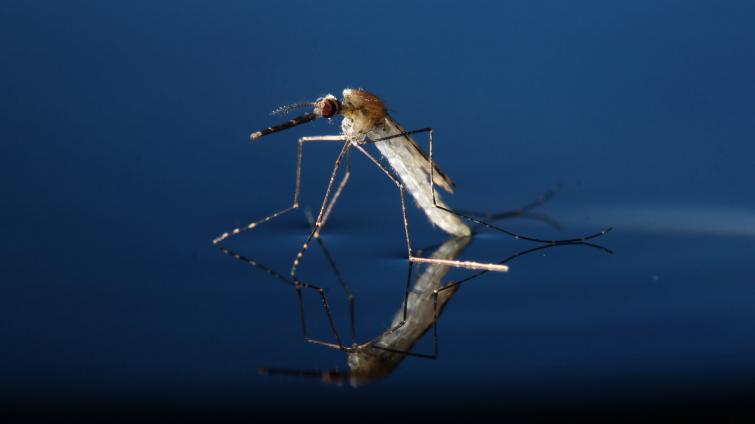
 Press
Press
Malaria: a genetic marker helps identify super-spreading mosquitoes
Malaria super-spreading mosquitoes can now be identified more easily. Researchers from the Institut Pasteur, CNRS and IRD, in collaboration with scientific teams from four African countries and the United States, have identified a genetic marker that helps detect malaria-susceptible mosquitoes which are more likely to be infected with Plasmodium parasites in the wild, thereby having greater chance to transmit the disease to humans. Called the 2La inversion, this marker is a frequent and geographically widespread genetic difference found in Anopheles gambiae mosquitoes, the major African malaria vector. Insects which carry this marker tend to spend more time outside, while most forms of malaria control target insects which are present indoors. These results, published in the scientific journal eLife, could lead to the development of new targeted strategies aimed at controlling vectors.